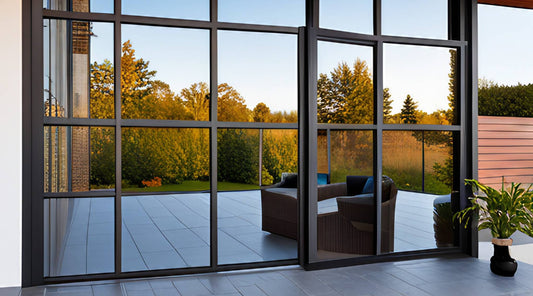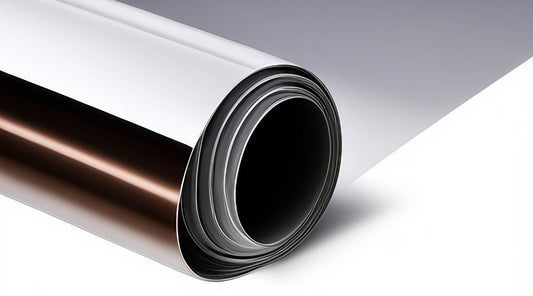What’s the Difference Between Window Tint and Window Film?
Is there really a difference between window tint and window film—or have we all just been calling them the same thing without realising it? If you’ve searched for one and ended up reading about the other, you're not the only one. And yes—the difference matters.
Say you’re trying to stop the sun from fading your hardwood floors or want to stop your neighbours from seeing into your home—knowing which product does what can save you money and time. This guide will help you choose the right one for your windows, so you don’t regret it later.
Let’s break it all down—plain, simple, and maybe even a little fun.
Window Film: The All-Around Fix for Everyday Problems
Helps With Heat, UV Rays, and Safety
Window film does more than you think. It blocks up to 99% of harmful UV rays. It can help lower your energy bills by cutting down on heat from the sun. Some types even hold glass together if it breaks, adding an extra layer of safety.
A homeowner in Mississauga added solar window film from Tintly Window Films® to their front windows. Their cooling bill dropped by 22% in three months, and their dog stopped overheating on his favourite sunny spot on the floor.
Comes in Different Styles and Looks Good
Window film doesn’t always look dark. It comes in many types—frosted, reflective, even patterned. So if you want privacy during the day but still want to see out, you can have both. Want your windows to look like frosted glass without the high price? Done.
Also, when installed properly—like the team at Tintly does by hand-cutting each piece for a clean, edgeless border—it blends in so well you might forget it’s there. Except, of course, for how much cooler and comfier your space feels.
Window Tint: Simple and Strong on Privacy
Good for Privacy, Mostly Used for Cars
Window tint is darker film that people often use on car windows. But it can be used on homes too. It helps with glare and gives privacy—during the day. At night, though, lights inside your home make it easier for people outside to see in.
That’s why window tint doesn’t always work for rooms where you need privacy after dark—like bedrooms or bathrooms. It’s better for places like garages or basement workshops where sunlight isn’t a big issue.
Cheaper, But May Not Last Long
Window tint is less expensive than high-end window films. It can be a quick fix. But it doesn’t hold up as well over time. Dyed tints fade, and if you install it yourself, you might get bubbles or peeling.
A café owner in Oakville tried using cheap tint from a big-box store. Within two months, it started to fade and peel. They ended up calling Tintly to replace it with proper solar film—and haven’t had a problem since.
Final Thoughts: Pick What Works Best for You
Window film is great if you want something that blocks heat, protects furniture, adds privacy, and even improves safety. Window tint is useful if you just want a bit of shade and privacy during the day—especially on a budget.
But don’t mix them up. They’re made differently and work differently.
Quick Tip:
Ask if your installer cuts the film by hand. It looks better and lasts longer. (Yes, Tintly does.)
Frequently Asked Questions
1. Is there a difference between window tint and window film?
Yes, window tint is usually darker and used for privacy, while window film offers added benefits like UV protection, heat control, and glass safety.
2. Which one is better for homes: window film or window tint?
Window film is better for homes because it provides privacy, blocks heat and UV rays, and helps lower energy bills without darkening the room too much.
3. Can window film be clear or decorative, or is it always tinted?
Window film comes in many styles, including clear, frosted, mirrored, or decorative patterns—it’s not always tinted or dark.
4. Does window tint work at night for privacy?
No, window tint loses its privacy effect at night if your lights are on inside and it’s dark outside.
5. Will both window tint and window film help lower cooling costs?
Only certain types of window film are designed to reduce solar heat gain and help lower cooling costs; basic window tint does not offer the same performance.




